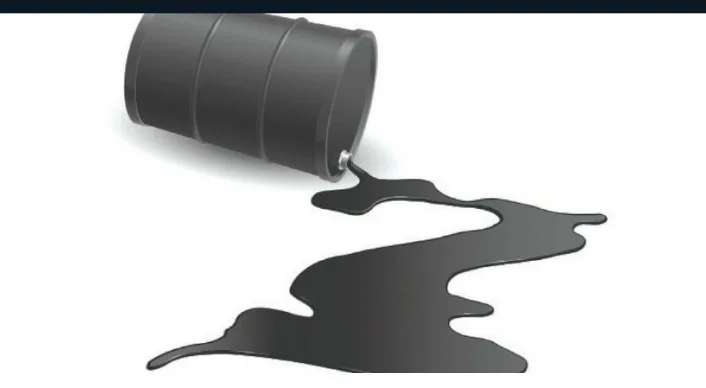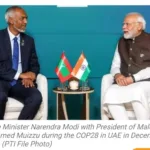As the global energy landscape undergoes a seismic shift, major Arab oil producers find their once-unchallenged control over the supply side diminishing. New data reveals that countries within the Organization of the Petroleum Exporting Countries (OPEC) and its OPEC+ allies are no longer the exclusive determinants of global energy dynamics. The consequences of this shift extend beyond the economic realm, significantly impacting geopolitical equations.
The transformation becomes more apparent with each passing day. Fueled by the shale revolution, the United States has emerged as the world’s leading oil producer, reaching a staggering 13.4 million barrels per day (bpd) in recent months. In stark contrast, Saudi Arabia’s output hovers around 9 million bpd, making the US production approximately 1.5 times that of Saudi Arabia.
Despite its status as the largest producer, the United States remains the top oil consumer globally. However, a noteworthy shift is evident – Washington no longer relies heavily on Arab oil producers such as Saudi Arabia, the UAE, and Kuwait. Ken Roberts, in a recent Forbes article, highlights that around 80% of the US oil imports now come from the Western Hemisphere.
Canada and Mexico lead the pack, supplying about two-thirds of US oil imports, with Canada alone contributing over half. In 2023, projections suggest that US oil imports from Saudi Arabia and Iraq, two significant OPEC oil producers, will constitute only around 10% of total US demand, marking the second-lowest percentage on record.
OPEC’s strategy of output cuts, aimed at stabilizing markets, has inadvertently led to a decline in its global market share. While this approach has provided support to crude markets, it has also diminished OPEC’s share. Charles Kennedy, in an Oilprice.com piece, notes that OPEC’s market share, traditionally in the 30-40% range, is under threat due to rising non-OPEC production and shifting global dynamics.
Recent events, including Angola’s departure from OPEC, weakened crude demand, and increased output from non-OPEC producers, suggest a potential further loss of market share for OPEC in early 2024, as reported by Reuters.
As the grip of OPEC weakens, the US Department of the Interior’s approval of new oil and gas lease auctions in the Gulf of Mexico underscores the diminishing influence of Saudi Arabia and OPEC on oil markets, as highlighted by Simon Watkins.
This changing dynamic is not confined to economic realms but has geopolitical implications. The United States, no longer reliant on Arab oil, exhibits a more independent stance in its foreign policy decisions. The shifting sands of global oil markets are reshaping political relationships and prompting oil-producing nations to diversify their economies.
Saudi Arabia, in response to these changes, is aggressively investing in non-oil sectors, exemplified by the significant activity of its Public Investment Fund (PIF). With oil losing its luster and the rise of alternative energy sources, the ongoing transition is poised to impact not just economies but political landscapes worldwide.







